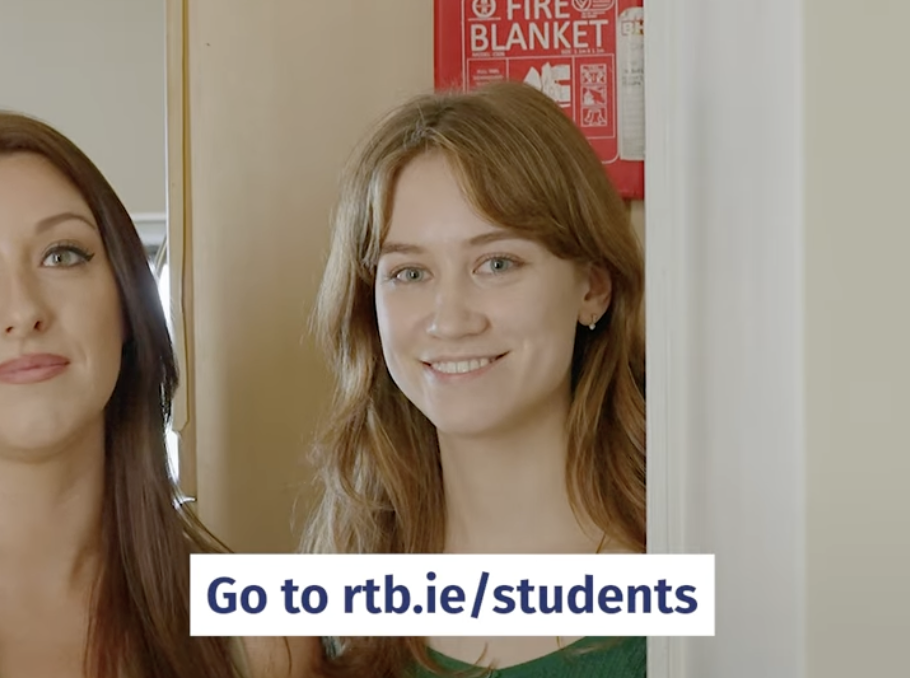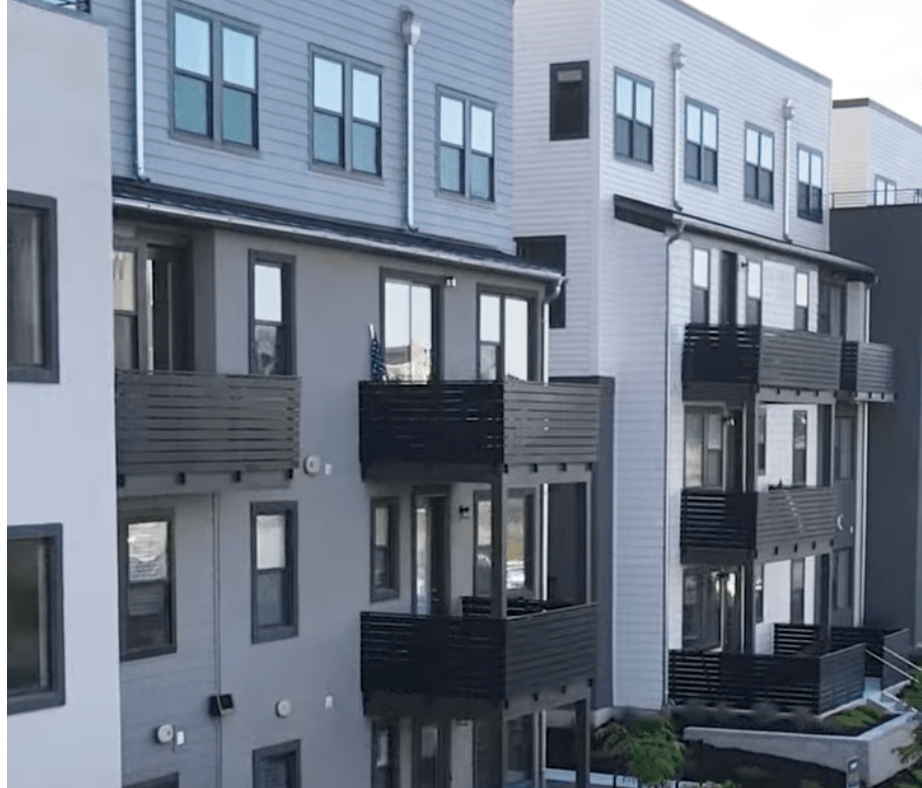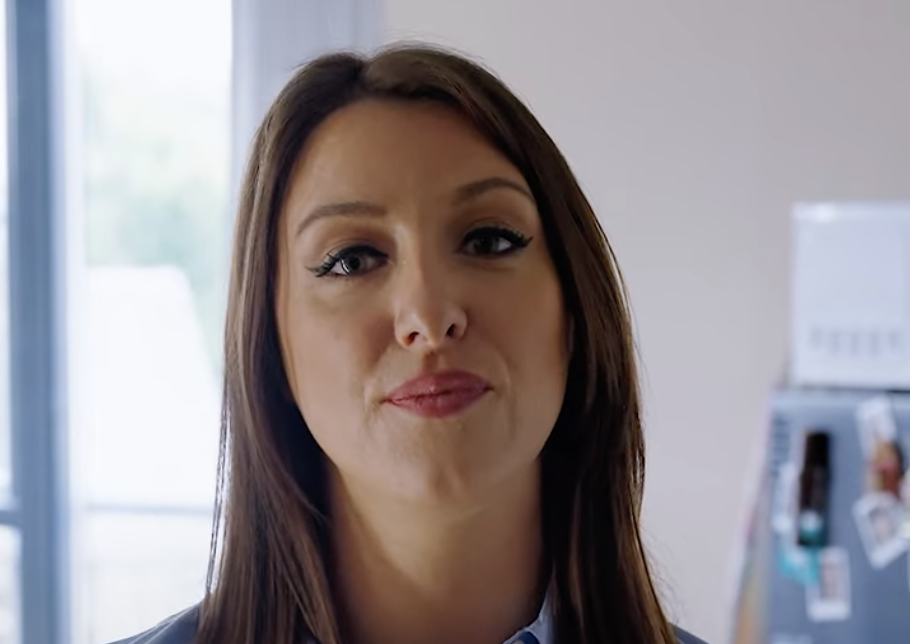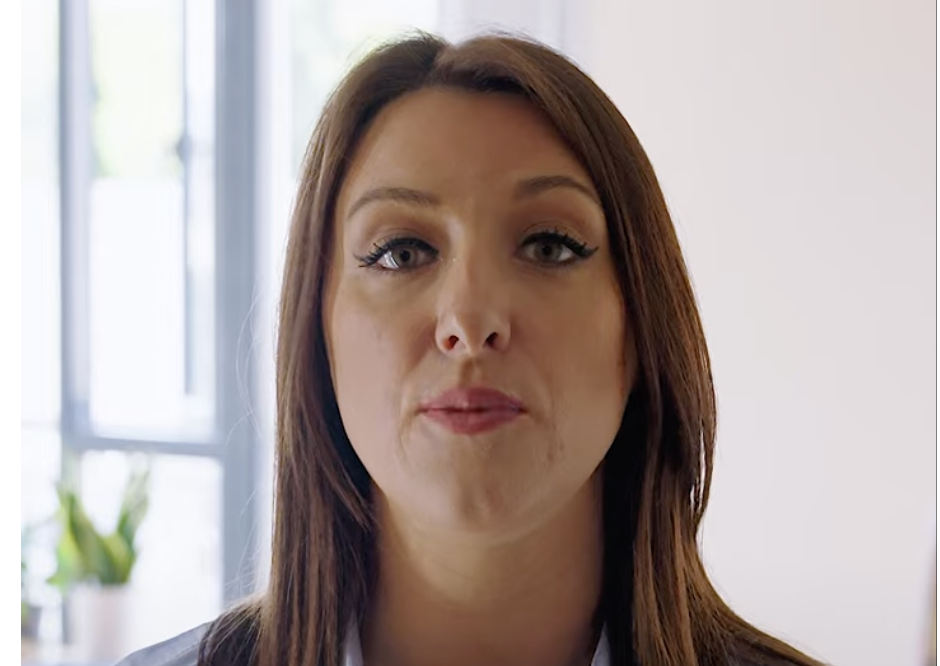About the RTB
The RTB regulates Ireland’s rental sector and works to ensure a fair rental system for everyone by:
- Informing tenants and landlords of their rights and responsibilities.
- Ensuring landlords register tenancies and follow rental law.
- Helping to resolve tenancy disputes.
- Providing trusted data to shape rental policy.
Learn more about who we are and what we do.










